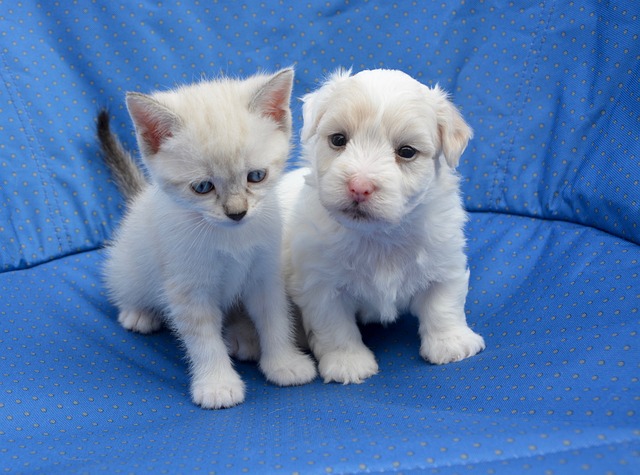
Understanding Puppy Training
Puppies learn through consistent training, positive reinforcement, and patience. However, like with anything, moderation is key.
What is Over-Training?
Over-training refers to excessive or intense training sessions that surpass a puppy’s physical and mental limits. This can lead to burnout and negative repercussions.
Physical Consequences of Over-Training
- Muscle Strain: Excessive physical activity can strain a puppy’s developing muscles, leading to injuries.
- Joint Problems: Puppies’ joints are still developing and pushing them too hard can cause long-term joint issues.
Psychological Impact of Over-Training
Puppies are like children; they need playtime and emotional support alongside training to thrive.
Signs of Over-Training
- Decreased Enthusiasm: If your puppy shows disinterest or anxiety during training, it may be a sign of over-training.
- Stress Behaviors: Aggression, excessive barking, or avoiding training sessions could indicate a stressed puppy.
The Importance of Balance
Finding a balance between training and allowing your puppy to be a puppy is crucial for their overall well-being.
Preventing Over-Training
Training Sessions
- Limit training sessions to short intervals several times a day to avoid overwhelming your puppy.
- End sessions on a positive note to keep training enjoyable for your puppy.
Physical Exercise
- Ensure your puppy gets appropriate exercise based on their breed and age to build muscle and avoid restlessness.
Frequently Asked Questions
Conclusion
Training your puppy is essential, but over-training can be detrimental to their physical and emotional well-being. Pay attention to your puppy’s cues and create a training routine that is balanced and nurturing to foster a happy and healthy bond.
[qmp_faq]
Related Reading
- Train Your Pooch With Some Simple Guidelines
- How To Train A Dog Like A Professional Dog Trainer
- Simple Tips And Tricks To Help You Train Your Dog
- Proven Methods Of Effective Puppy Training.
- Great Tips That Can Help You Train Your Dog
[qmp_faq]
